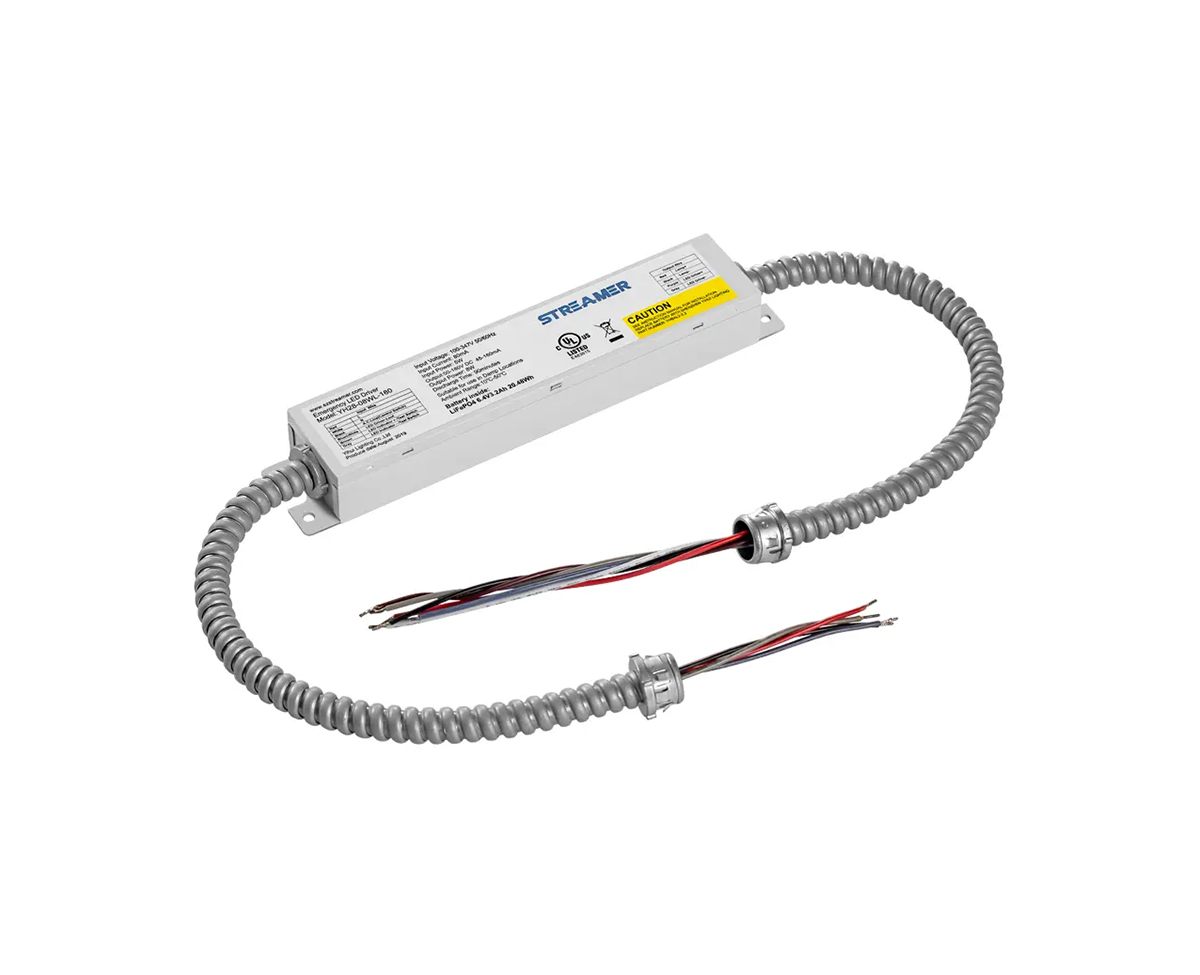 1
1
 Mar 03, 2025
Mar 03, 2025

Performance testing metrics are crucial for evaluating the capabilities and efficiency of Streamer BBU (Base Band Unit). These metrics help network operators and engineers determine the quality of service provided by the BBU and identify areas for improvement.
Throughput
Throughput is a fundamental metric that measures the amount of data the Streamer BBU can process and transmit within a given time frame. In a high - density urban area, for example, where multiple users are simultaneously accessing data services, a high - throughput Streamer BBU can handle a large number of concurrent connections. A well - performing BBU should be able to achieve high - speed data transfer rates, such as gigabit - level throughput, ensuring that users experience fast - paced browsing, seamless video streaming, and quick file downloads. To measure throughput accurately, tests are conducted under various load conditions, including peak usage hours, to simulate real - world scenarios.
Latency
Latency, often referred to as the delay between the sending and receiving of data, is another critical metric. In applications like online gaming or real - time video conferencing, low latency is essential. A Streamer BBU with high latency can cause noticeable lag, making the gaming experience frustrating or disrupting the fluidity of a video call. Precise latency measurements are taken to ensure that the BBU can process and forward data with minimal delay. This involves sending test packets and measuring the time it takes for the packets to reach the destination and receive an acknowledgment. The goal is to keep latency as low as possible, typically in the range of milliseconds.
Error Rate
The error rate metric quantifies the number of data packets that are transmitted incorrectly or lost during the communication process. A high error rate can lead to data corruption, re - transmissions, and a degradation in overall network performance. To test the error rate, extensive data traffic simulations are carried out. The Streamer BBU is bombarded with a large volume of data packets, and the number of packets that arrive with errors or are not received at all is counted. A reliable BBU should have an extremely low error rate, often expressed as a fraction of a percent, to guarantee the integrity of data transfer.